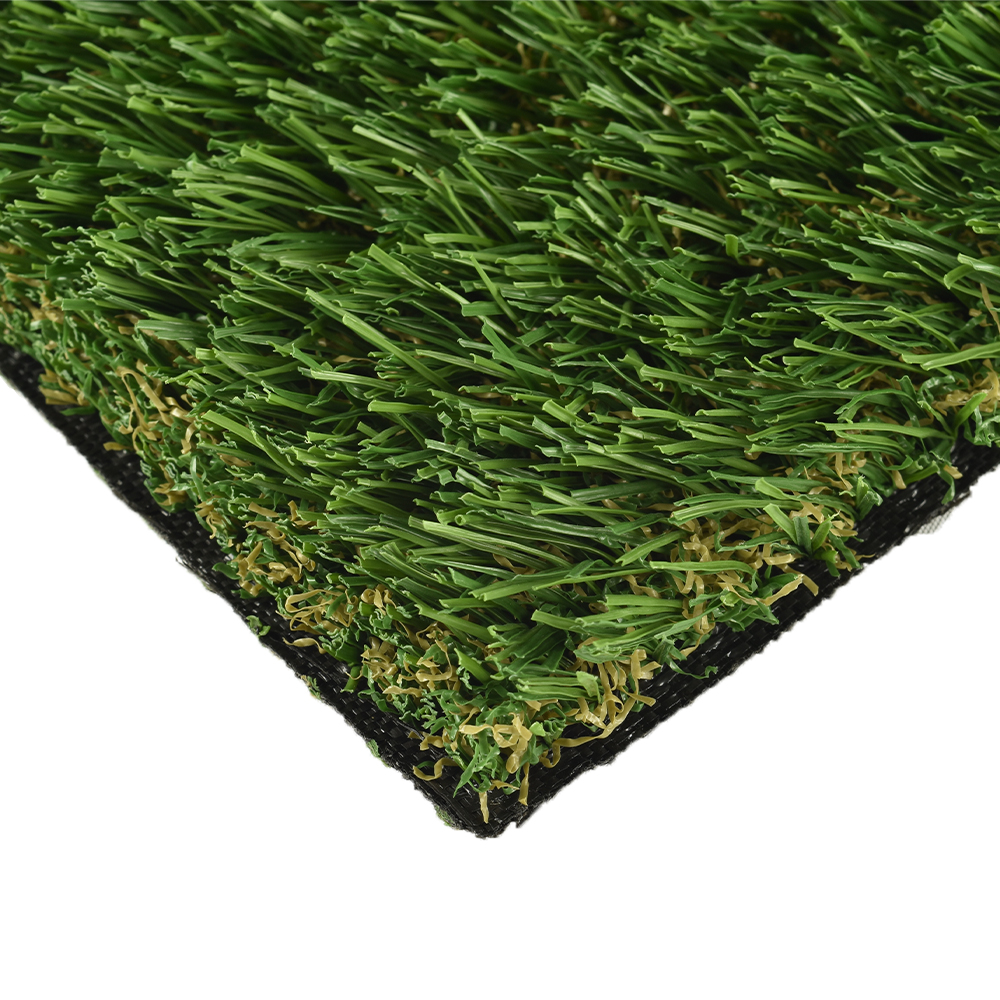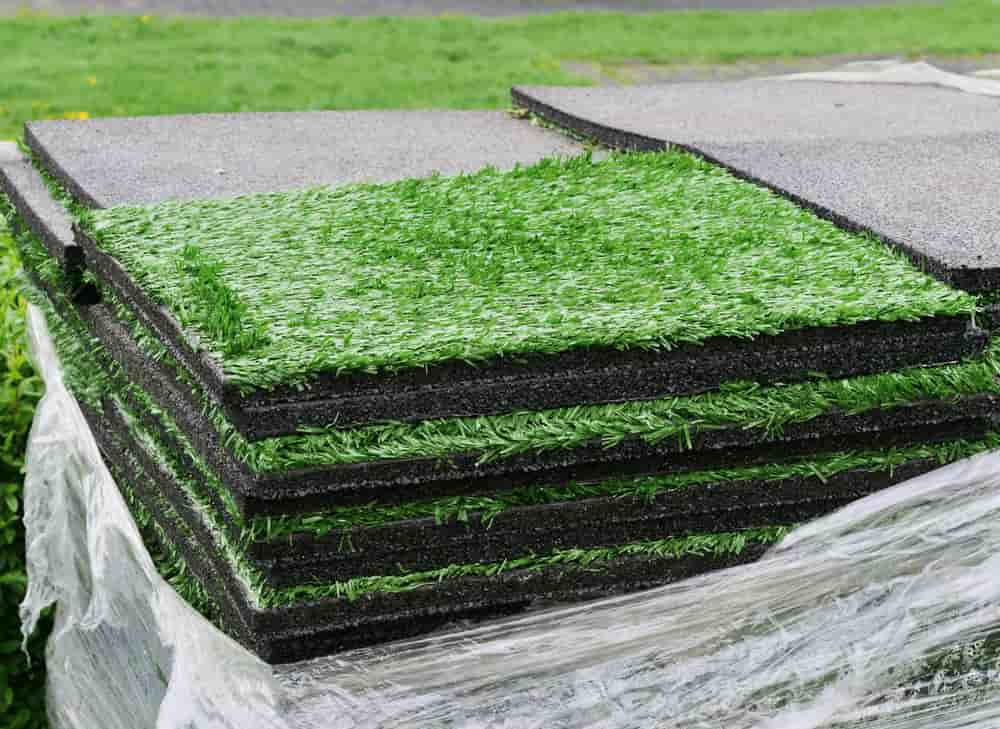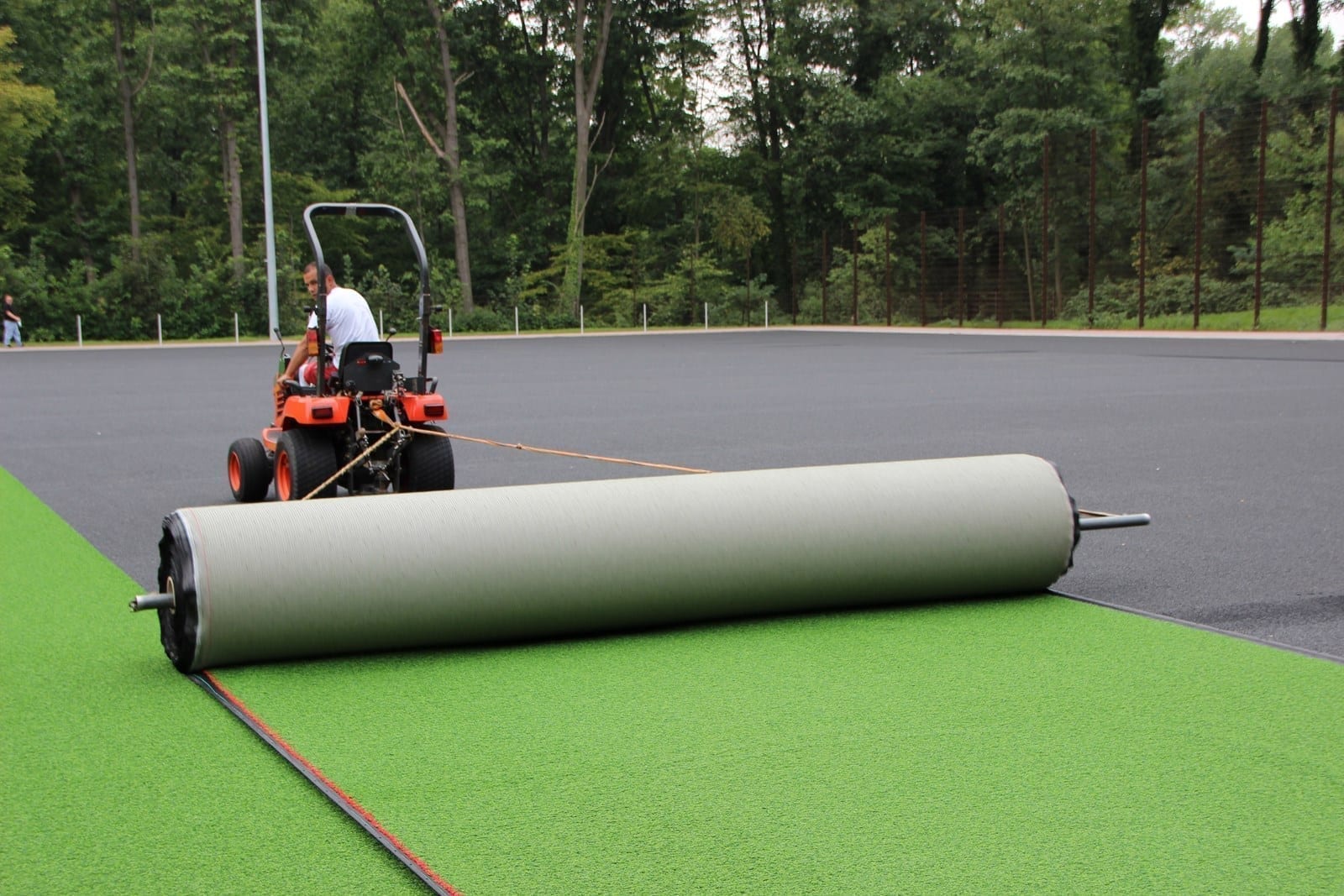Look Into the Environmental Benefits of Opting for Synthetic Grass Solutions
The adoption of synthetic grass services presents an engaging possibility to resolve pushing ecological challenges. By dramatically lowering water use and lessening the application of dangerous chemicals, these choices not just advertise lasting landscape design however also protect regional environments. The reduced carbon footprint associated with decreased upkeep tasks contributes to a more lasting approach to land management. Nonetheless, the ramifications of these advantages expand past mere preservation initiatives, questioning about their lasting effect on environment preservation and general environmental equilibrium. Checking out these dimensions discloses an intricate interplay worth considering.
Water Preservation Benefits
One of one of the most significant benefits of man-made grass is its ability to preserve water. Standard lawn lawns call for significant irrigation, specifically in locations prone to dry spell or water constraints. On the other hand, synthetic grass does not need watering, significantly reducing the total demand for water resources. This attribute is specifically valuable in deserts where water deficiency is a pressing issue.
By getting rid of the demand for normal watering, synthetic grass contributes to lasting landscape techniques and assists minimize the environmental effect of extreme water intake. The conservation of water prolongs to the reduction of drainage, which can lead to soil disintegration and waterway air pollution.
Furthermore, the installation of synthetic grass permits property owners and districts to allot water resources a lot more efficiently, focusing on important uses such as alcohol consumption water and farming. The change in the direction of artificial grass not only promotes responsible water usage however likewise aligns with broader environmental objectives focused on protecting natural deposits.
As communities increasingly focus on sustainability, the water conservation benefits of man-made grass present a compelling instance for its adoption in property and business landscape design jobs.
Minimized Chemical Use
The shift to synthetic grass substantially reduces the reliance on chemical therapies frequently utilized in natural grass upkeep. Standard grass administration usually includes the application of chemicals, fertilizers, and herbicides to promote growth and control parasites. These chemicals can position threats to human health and wellness, local wild animals, and the atmosphere, adding to dirt and water contamination.
In contrast, synthetic grass eliminates the demand for these harmful compounds. As soon as installed, it needs marginal upkeep, mostly including regular cleansing and infrequent infill replenishment. This reduction in chemical usage not just benefits the instant setting but likewise adds to wider eco-friendly stability. By decreasing the release of synthetic substances right into the ecological community, synthetic grass promotes much healthier soil and water systems.
Moreover, the lack of chemical runoff associated with synthetic grass setups assists protect local waterways from pollution, supporting aquatic life and preserving biodiversity. Arizona artificial turf. As areas significantly focus on lasting techniques, choosing synthetic grass provides a sensible option that lines up with ecological preservation objectives. Through this shift, residential property owners can take pleasure in lush eco-friendly rooms without endangering eco-friendly health, leading the way for a much more lasting future
Lower Carbon Impact

Additionally, the installment of synthetic grass can lead to significant water conservation. All-natural yards call for considerable amounts of water for irrigation, which not just includes to the carbon footprint connected with water removal and treatment but additionally strains local water resources. In comparison, synthetic grass requires marginal upkeep, needing no watering, thereby significantly decreasing water use and its linked power prices.
In addition, the longevity of synthetic grass adds to its reduced carbon impact. With a lifespan of up to 15 years or even more, the demand for frequent substitutes is lessened, leading to less waste and lower energy usage in manufacturing and dealing with standard lawn choices. Overall, synthetic see this page turf presents a lasting option for ecologically mindful landscaping.
Habitat Conservation
Environment conservation is an important factor to consider visit this web-site in the debate over landscaping options, especially when comparing synthetic grass to all-natural turf. Natural yard lawns commonly need comprehensive maintenance, consisting of making use of fertilizers, herbicides, and pesticides, which can adversely influence neighborhood ecological communities. These chemicals can leach into the soil and rivers, harming native plants and animals and interfering with neighborhood environments.
Artificial turf eliminates the need for unsafe chemicals, thus safeguarding close-by wildlife and preserving the stability of bordering ecological communities. The installment of fabricated lawn can lead to the conversion of previous yard locations into more biodiverse landscapes, such as pollinator gardens or native plant locations, which can support neighborhood wild animals.
Eventually, the shift to synthetic grass not only saves water and minimizes maintenance initiatives but additionally cultivates a much more unified relationship in between human tasks and the native environment, advertising environment conservation in the process.
Long-Term Sustainability
Long-term sustainability is an essential element in examining the advantages of synthetic grass over typical yard yards. One of one of the most significant benefits of synthetic grass is its toughness; it can last up to 15-20 years with minimal upkeep, whereas natural yard needs frequent reseeding and substitute. This longevity lowers the need for constant sources, such as water, plant foods, and pesticides, which are important for preserving a healthy yard lawn.
Additionally, synthetic grass contributes to a decrease in carbon emissions connected with grass care equipment. Typical yards frequently need gas-powered mowers, leaners, and blowers, every one of which contribute to air pollution. Arizona artificial turf. On the other hand, synthetic grass removes the demand for such devices, advertising a cleaner environment
Furthermore, the manufacturing of synthetic grass increasingly uses recycled materials, enhancing its sustainability profile. As makers adopt environment-friendly click for info techniques, the ecological impact of artificial turf continues to reduce.

Final Thought
The adoption of synthetic grass solutions presents significant environmental advantages, consisting of substantial water conservation, reduced reliance on dangerous chemicals, and a lower carbon footprint. Man-made grass aids in preserving all-natural environments by reducing land disturbance and promoting lasting sustainability with the usage of durable products. Jointly, these elements underscore the possibility of synthetic grass to add positively to environmental health and supply a sensible choice to conventional landscape design techniques in a progressively resource-conscious world.
In contrast, artificial turf does not need watering, dramatically reducing the overall need for water resources. By decreasing the release of synthetic compounds into the environment, fabricated turf advertises much healthier dirt and water systems.
Furthermore, the installation of synthetic grass can result in significant water preservation. In comparison, fabricated turf requires minimal maintenance, requiring no watering, therefore dramatically decreasing water use and its connected energy prices.
